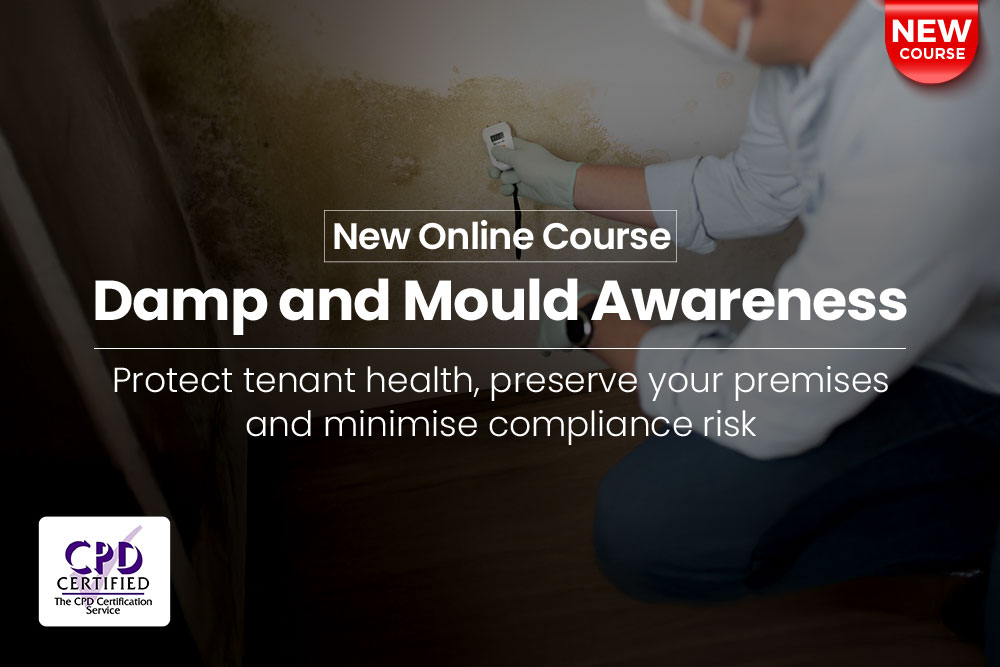
You can’t track every health and safety issue in your workplace alone. You can only improve performance by listening to your employee’s health and safety concerns; they’re on the front lines, dealing with hazards, witnessing problems and finding workarounds.
However, many workers don’t speak up. This guide will explain why and show you how to create an environment where employees voice their concerns, giving you the insights needed to make your workplace safer and improve overall productivity.
Why Workers Don’t Raise Health and Safety Concerns
In 2012, a cruise ship (the Costa Concordia) struck a rock off the Italian coast and sank. Despite a six-hour rescue effort, 32 people, including passengers and crew, lost their lives. A salvage worker also later died, making the final death toll 33.
The accident investigation revealed that the disaster was the result of human error. The captain knowingly steered the vessel off course, and his junior officers let him despite their apprehension. A reluctance to voice and act on health and safety concerns led to 33 avoidable deaths.
The tragedy of the Costa Concordia underscores the importance of workplace psychological safety.
Everyone needs to feel comfortable speaking up. If workers feel psychologically unsafe voicing concerns, your workplace could be drifting towards disaster.
Understanding Psychological Safety
Psychological safety is creating an environment where employees feel safe to speak up about a health and safety problem without fear of punishment or humiliation. When employees are comfortable voicing their concerns, they’re more likely to share valuable insights about potential risks, leading to a safer workplace for everyone.
In a psychologically safe environment, employees will:
- Report hazards and near-misses.
- Share ideas for improving safety.
- Ask questions and seek clarification.
Employees who know they’ll be listened to without judgment are more engaged. This leads to better problem-solving and innovation, as employees feel ‘safe’ sharing their concerns and know their reports are valued.
Why Many Organisations Have Poor Psychological Safety
Despite its critical importance, many organisations struggle with poor psychological safety. Here are some common reasons why:
Fear of Blame
Employees often fear reporting health and safety concerns will lead to blame or punishment. This fear is rooted in a culture where mistakes are penalised rather than seen as opportunities for learning. When employees worry about negative repercussions, they’re less likely to speak up about potential hazards.
Lack of Trust
Trust is essential for psychological safety. If employees don’t trust you to handle their concerns fairly and confidentially, they’ll stay silent. Leaders can build trust through consistent and transparent actions demonstrating that employee concerns are valued and addressed.
Ineffective Communication Channels
Even if employees want to raise concerns, they might not know how to do so effectively. Employees may opt to stay silent if reporting mechanisms are complicated, inconvenient or not anonymous.
Organisational Hierarchy
Rigid hierarchies can stifle communication. Employees at lower levels may feel their concerns are not important or that it’s not their place to speak up (such as in the Costa Concordia disaster). This issue is made worse by workplace cultures that discourage questioning authority.
Insufficient Training
Employees may not speak up simply because they don’t know what to look for or how to report issues. Without proper training, employees may not recognise potential hazards or understand the procedures for reporting them. This knowledge gap can prevent critical information from reaching those who can act on it.
How to Improve Psychological Safety
Improving psychological safety in your workplace involves creating an atmosphere of trust and open communication. Here are some practical tips to help you achieve this:
Build Trust and Open Communication
Trust and open communication are the cornerstones of psychological safety.
- Consistency and Transparency: Be consistent in your actions and transparent in your decision-making processes. When employees see that you are reliable and open, they’re more likely to trust you.
- Encourage Feedback: Invite and value feedback. Use open-door policies and anonymous surveys to gather input from employees.
- Address Concerns Promptly: When employees raise health and safety concerns, address them quickly and fairly. This shows that you take their concerns seriously and reinforces their trust in the system.
Proactive Inquiry
Actively seeking employee input helps create a culture where they feel valued and heard.
- Ask Questions Regularly: Engage with employees about their work processes and any health and safety concerns they might have. Show genuine interest in their experiences.
- Listen Actively: Pay close attention to what employees are saying. Show that you value their input by nodding, maintaining eye contact and offering thoughtful responses.
- Thank and Praise: Always thank employees for sharing their concerns. Acknowledge the courage to speak up and praise them for their proactive attitude.

Promote Civility and Respect
A respectful workplace encourages open communication and psychological safety.
- Respectful Interactions: Ensure all workplace interactions are courteous and respectful. Address any instances of rudeness or dismissive behaviour immediately.
- Simple Courtesies: Offer simple courtesies like saying “please” and “thank you.” These small acts can significantly impact the workplace atmosphere.
- Recognise Contributions: Acknowledge and reward those who contribute to safety discussions. This shows that their input is appreciated and important.
Practice Humble Inquiry
Humble inquiry involves asking open-ended questions and listening to learn rather than to respond.
- Ask Open-Ended Questions: Questions that cannot be answered with a simple “yes” or “no” encourage more detailed responses. For example, “Can you tell me more about this issue?” or “What do you think could be done to improve this situation?”
- Listen to Understand: Focus on understanding the employee’s perspective without immediately formulating a response. This shows that you value their input and are genuinely interested in their viewpoint.
- Avoid Judgments: Avoid immediate value judgments by keeping the conversation open and productive. Allow employees to express their health and safety concerns fully before offering solutions or feedback.
Accident Investigations
Accident investigations are essential for understanding what went wrong and preventing future incidents. However, their effectiveness depends on employees providing accurate and detailed reports.
When employees don’t feel psychologically safe, they may water down reports or leave details vague. These issues limit the investigation’s effectiveness and the learning opportunities it provides.
Promoting psychological safety will improve the consistency and quality of incident and near miss reports. More accurate data means better investigations and more opportunities to find and fix underlying health and safety problems before another workplace accident happens.

Key Takeaways
- Actively seek and appreciate employee feedback to create a culture of open communication.
- Ensure consistency, transparency and action regarding concerns to foster trust and psychological safety.
- Use open-ended questions and listen to understand employees’ perspectives without judgment.
- A psychologically safe environment leads to early risk identification, better problem-solving and a more proactive approach to workplace safety.
Near Miss Training
Establishing a psychologically safe workplace where employees feel confident raising health and safety concerns is essential for preventing incidents.
Our Near Miss Training course explores techniques that go beyond basic safety practices. This course delves into advanced strategies for promoting near miss reporting and effective investigation methods. You’ll develop a thorough understanding of management principles that foster a proactive safety culture and make employees feel heard.



















































































































































































































































































































































































































































































































































































































































































































































